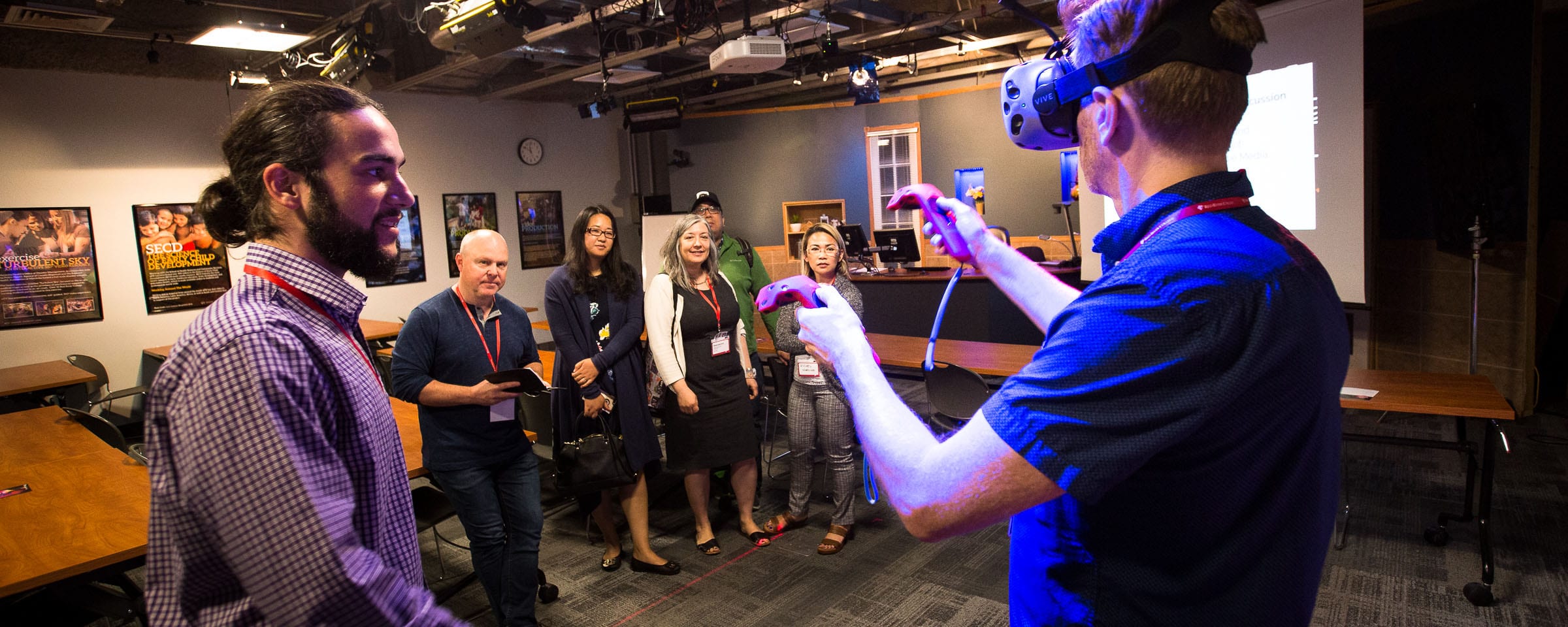Flight Club: Drones and the Dawn of Personal Aerial Imaging
Lynda.com review: Flight Club: Drones and the Dawn of Personal Aerial Imaging
Drones (or UAV – unmanned aerial vehicles) fascinate me. While most well known for their military and surveillance uses, drones increasingly are being adopted for commercial purposes. Amazon has been testing drones for autonomous delivery service. Farmers use drones to map fields and spray crops. Construction firms deploy UAVs to inspect buildings and bridges. With the acceleration of related technologies (batteries, sensors, cameras etc.), the increased commercial possibilities for drones are seemingly endless.
Right now, drones are disruptors – both in the positive and negative sense. Not only are they positively impacting industries in the examples above, but they are also impacting peoples’ lives, and not always for the good. Shortly before this past Christmas, drones flying in the airspace of Gatwick airport in England disrupted travel plans for over 110,000 people and shut down the airport for 32 hours.
Drones are one of the technologies that we, as a College, have a hard time figuring out where to teach. They do not “fit” into our usual program fields, as they have aspects in manufacturing, engineering, software development, transportation, aviation, etc. However, I was both surprised and delighted that one of the first RRC program areas to embrace drones in their curriculum has been Teacher Education, led by Dr. Eva Brown (Teacher Education) and Jonathan Ferber (eTV Learning Technologies).
This video wasn’t so much a “course” as it was a genuine documentary short film. This documentary (23 minutes long) features the activities of a group of drone enthusiasts. Called “Flight Club”, the film tells the story of community coming together around a common technology. The members of Flight Club come from very diverse fields and contribute through the open sharing of knowledge. Several times throughout the film, interviewees mention how quickly both the drone technology and their own learning has accelerated in only two and a half years as a direct result of their collaboration.
The members’ work together leads to images that are visually stunning. The photographs and videography shared in the documentary are breathtaking, from aerial tours of national parks and a ghost town to night filming. My favorite shot is one of a kayaker beside a massive whale. These images remind me that technology can introduce not only greater efficiency for our world but also opportunities to experience beauty and wonder in new ways.
For someone new to drones, this documentary serves as a wonderful general introduction to drone photography on its own and as applied in various industries, including forensic visualization (re-creation of accidents) and the creation of 3D models. For my continued learning, I have explored other Lynda.com videos that discuss the use of drones, including Construction Technology and the Internet of Things.
As a result of watching this documentary, I bought my 12-year old son a small quadcopter that responds to the heat in his hand (for inside use only). It has been fascinating to watch him learn how to use it.
I would love to hear from you – what emerging technology fascinates you or has impacted your life in ways you didn’t expect?
Please e-mail me directly at cewatson@rrc.ca
